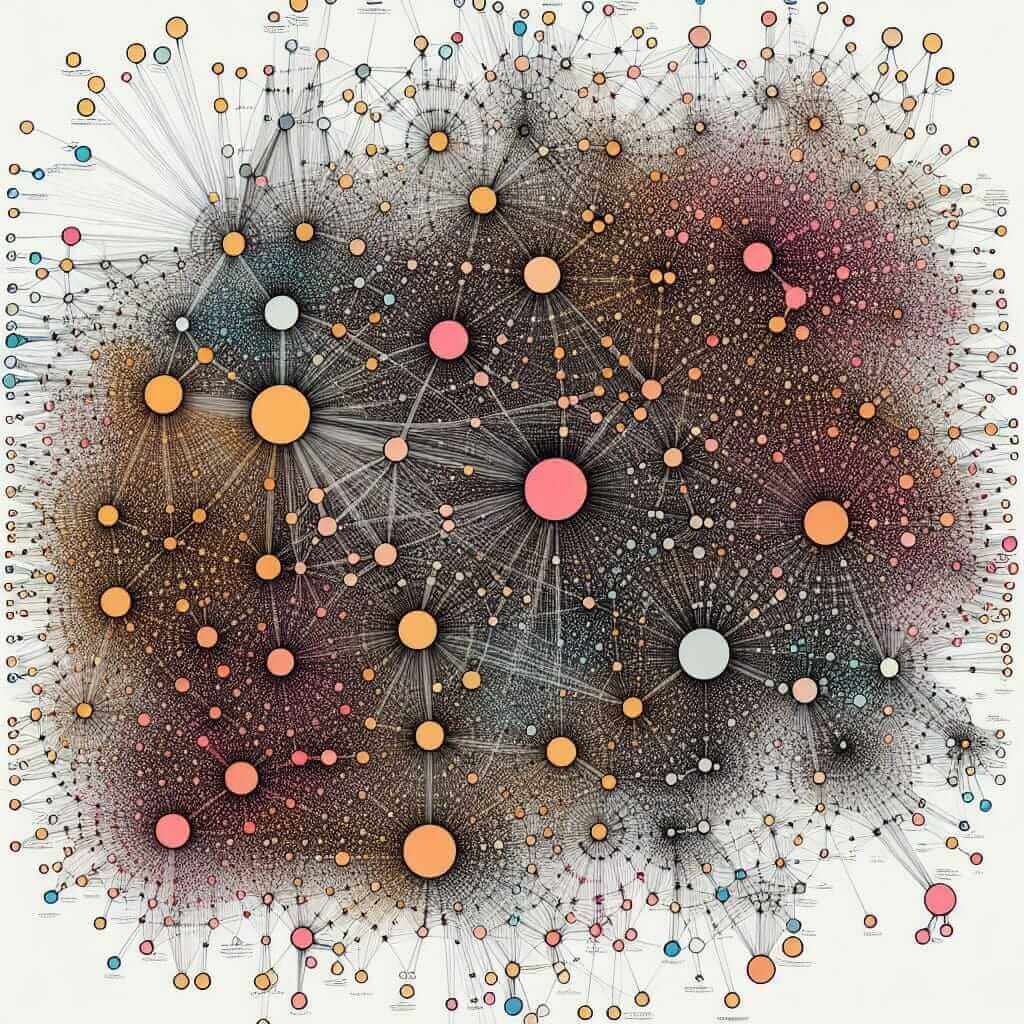“Big data” is a term frequently encountered in various contexts today, including the IELTS exam. Understanding its meaning and usage can significantly enhance your vocabulary score, particularly in the Reading and Listening sections, and provide relevant content for the Writing and Speaking sections. This term often surfaces in topics about technology, business, and social trends.
Here are some synonyms for “big data”:
- Massive datasets: (noun phrase) extremely large sets of data
- Vast amounts of data: (noun phrase) a huge quantity of information
- Data analytics: (noun phrase) the process of examining data to draw conclusions
- Data mining: (noun phrase) the process of discovering patterns in large datasets
Understanding “Big Data”
Definition and Pronunciation
“Big data” /ˌbɪɡ ˈdeɪtə/ refers to extremely large and complex datasets that are difficult to process using traditional data processing applications.
Different Contexts and Usage
1. Business and Marketing: Companies collect and analyze big data to understand consumer behavior, predict trends, and personalize marketing campaigns.
Example: “By leveraging big data analytics, businesses can tailor their marketing strategies to specific customer segments.”
2. Healthcare: Hospitals and research institutions use big data to improve diagnoses, develop new treatments, and track the spread of diseases.
Example: “Advances in big data analysis have revolutionized medical research by allowing scientists to identify patterns in vast amounts of patient data.”
3. Social Sciences: Researchers use big data to study social trends, predict human behavior, and develop more effective public policies.
Example: “Social scientists are increasingly turning to big data to study complex social phenomena, such as voting patterns and the spread of misinformation.”

“Big Data” in the IELTS Exam
Listening Section
You might encounter “big data” in lectures or conversations about technology, business, or social sciences. Listen carefully for synonyms or related terms that explain its meaning within the context of the audio.
Example: In a lecture about marketing trends, you might hear: “Companies are now using sophisticated algorithms to analyze massive datasets, often referred to as ‘big data,’ to target consumers with personalized advertisements.”
Reading Section
“Big data” often appears in articles about technology, business, and current affairs. Pay attention to how the term is used and its implications for the topic discussed.
Example: A reading passage might state: “The rise of big data has raised concerns about privacy and data security, prompting calls for stricter regulations.”
Writing Section
You can use “big data” in Task 2 essays to illustrate points about technological advancements, business strategies, or social changes. Be sure to use the term accurately and provide clear explanations.
Example: “One significant advantage of big data in healthcare is its potential to accelerate drug discovery by identifying promising drug candidates more efficiently.”
Speaking Section
You can incorporate “big data” into your responses when discussing technology, business, or your own experiences with data-driven applications.
Example: “I believe that big data has the potential to revolutionize many industries, but it’s crucial to address the ethical implications of data collection and use.”
Collocations and Idioms
Here are some common collocations and idioms related to “big data”:
- Data analysis: “The company invests heavily in data analysis to gain a competitive edge.”
- Data mining techniques: “Data mining techniques help businesses uncover hidden patterns in customer behavior.”
- Big data revolution: “The big data revolution is transforming the way we live and work.”
- Data-driven decisions: “Companies are increasingly relying on data-driven decisions to improve efficiency.”
- Data privacy concerns: “The increasing use of big data has raised concerns about data privacy.”
Conclusion
Mastering the vocabulary related to “big data” is essential for success in the IELTS exam. By understanding its various meanings, contexts, and applications, you can effectively utilize this term to showcase your language proficiency and knowledge of current trends. Remember to practice incorporating this vocabulary into your speaking and writing to enhance your fluency and confidence.